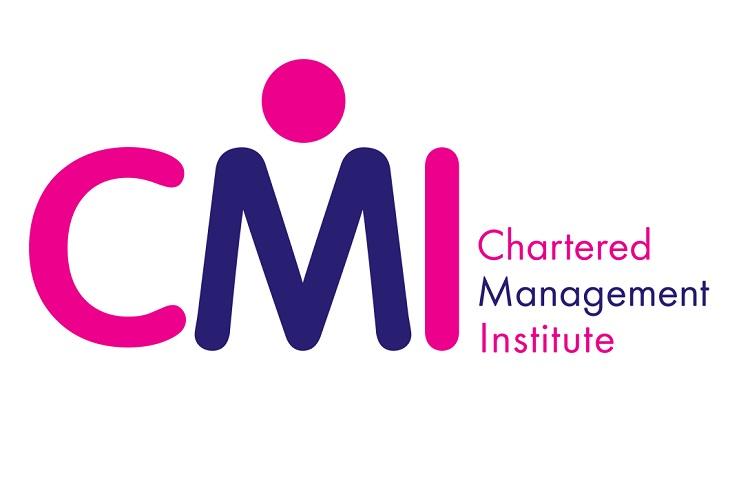5 ways employers can support the mental health of their managers

Happy and healthy employees are the most effective employees, so every employer should take mental health seriously. That doesn’t just mean providing gym memberships, stress management classes or fresh fruit in the office, as good as those may be. Instead, they should start by looking at the quality of line management in the organisation, because that’s what has the biggest impact on most people’s daily working lives.
A bad relationship with your boss can do enormous damage to your mental health – while the best management styles are linked to higher levels of wellbeing. So employers have to make sure that managers are professionally trained and lead people effectively. That means empowering team members to do their jobs and creating a culture that’s transparent and fair in how people are treated.
Employers also have a particular challenge to support the mental health of their managers. The ‘always on’ culture means working hours are rising. According to CMI’s research, the average manager puts in an extra 7.5 hours a week, equating to 44 more working days a year. That effectively cancels out holiday allowance and could be having a real impact on their wellbeing, with one in 10 reporting taking sick leave for stress and mental health issues over the last year.
CMI’s recommendations for improving the quality of working life include:
- Improve the ability to manage change – change is unsettling and can affect mental health, it’s also inevitable – 97% of managers report some degree of organisational change in the past 12 months. Managers have to be transparent and supportive, and involve employees in shaping the changes that affect them.
- Develop better line managers – bad management creates stress and can harm mental health. More open, empowering management styles are connected with lower levels of stress – as well as with higher job satisfaction and greater personal productivity. Employers have to do more to support managers’ professional development.
- Switch off – Avoiding digital presenteeism means giving colleagues the license to switch off. Colleagues can often be their own worst enemies, and while personal choice is key, options such as restricting remote access should be considered.
- Empower your people – The most powerful drivers of job satisfaction are a personal sense of achievement. Where innovative, entrepreneurial and empowering management styles are found, more than 84% of managers are satisfied with their jobs.
- End the taboo about mental health – managers have to set a tone that enables colleagues to talk openly about mental health, to admit when things are tough, and need to be supportive when people experience mental health issues.
Patrick Woodman, Head of Research, CMI











Responses